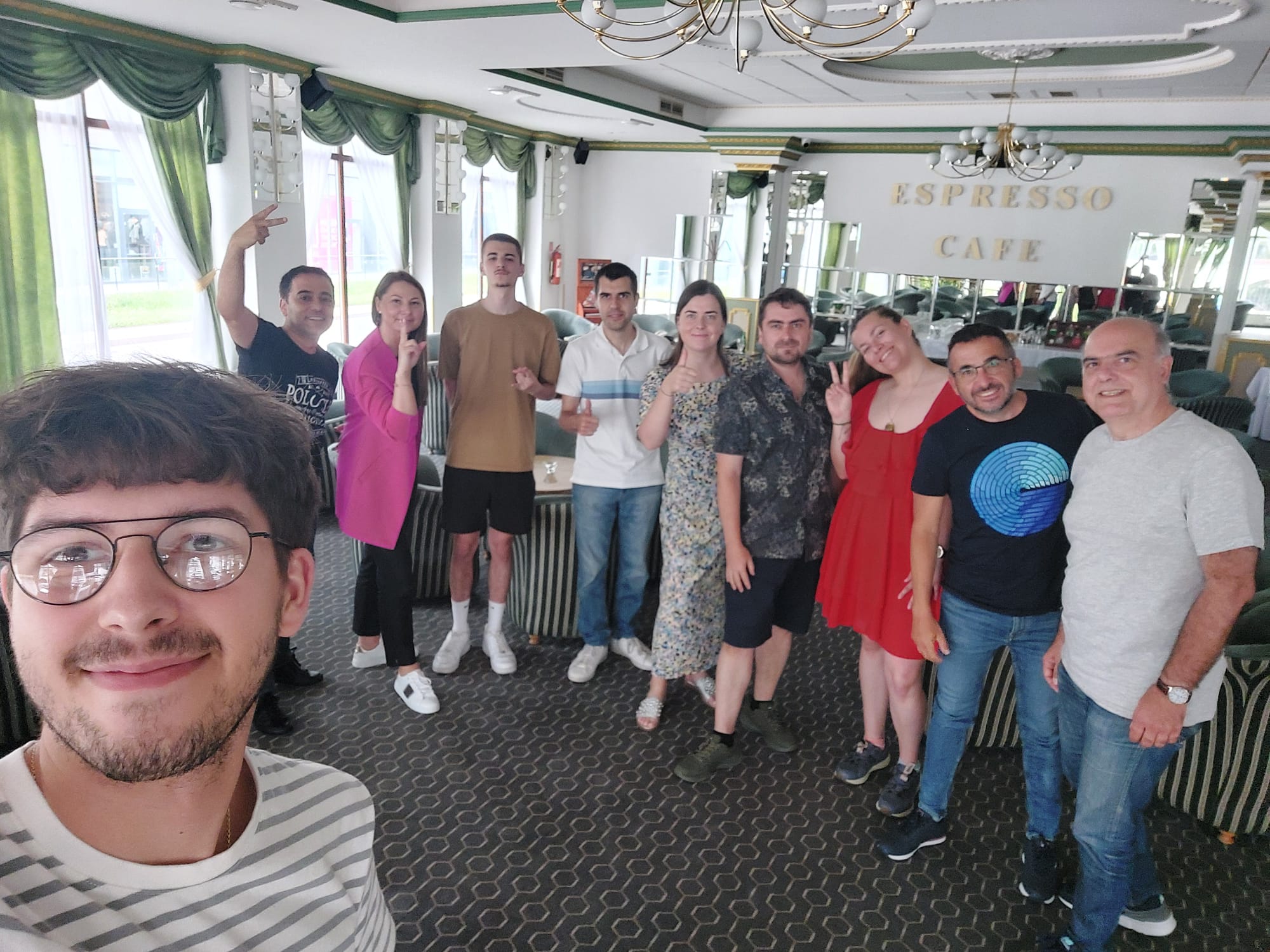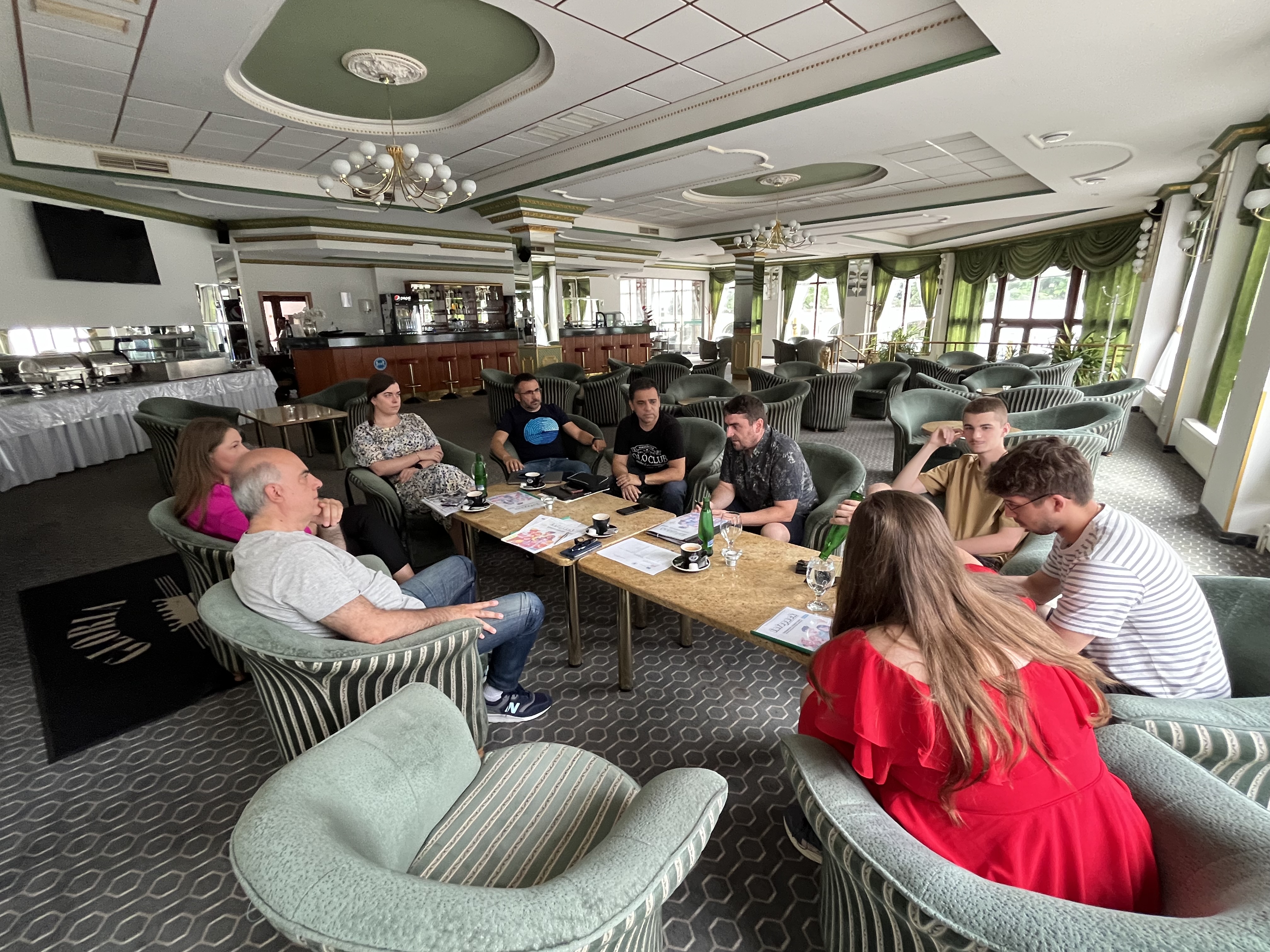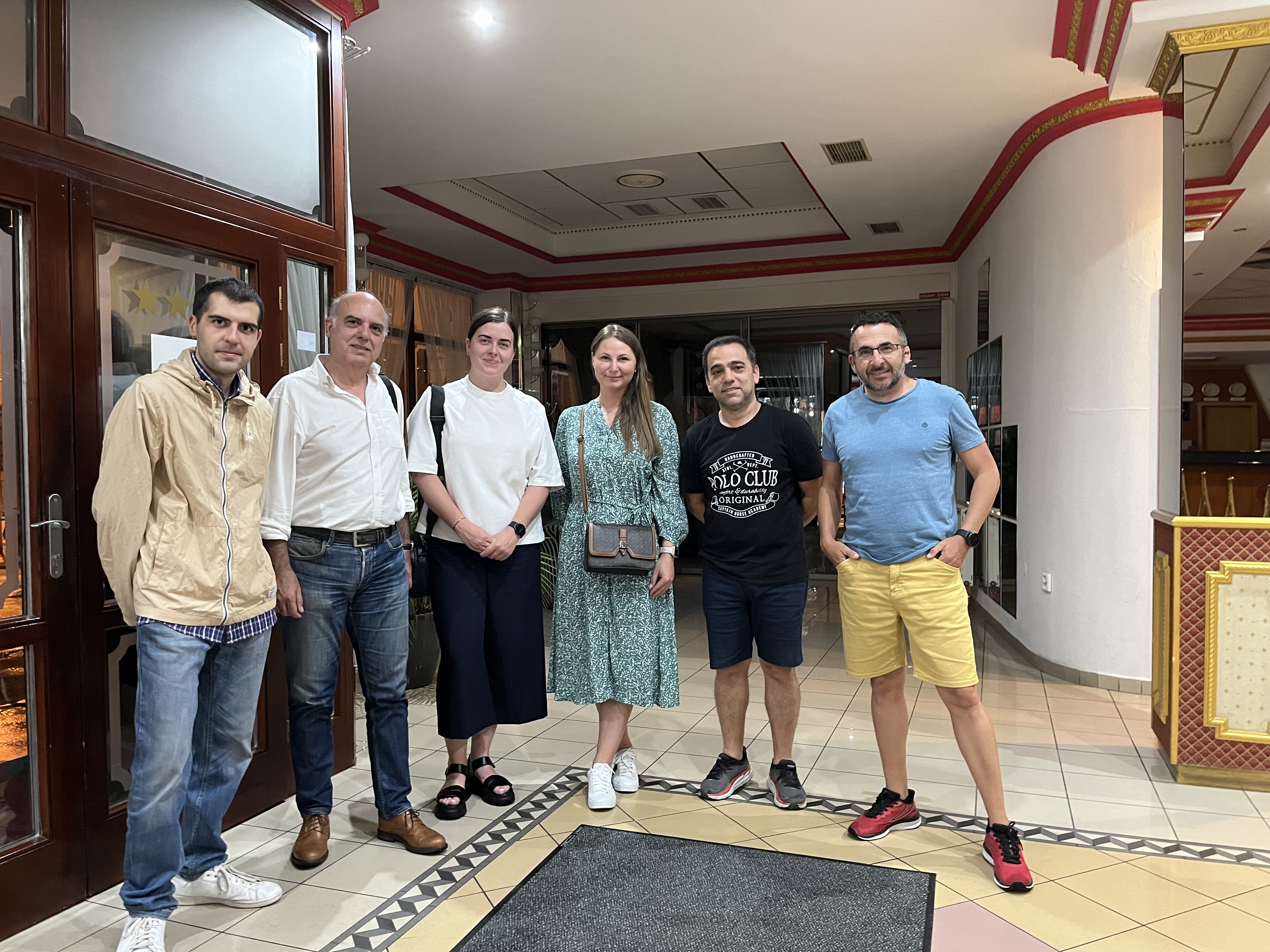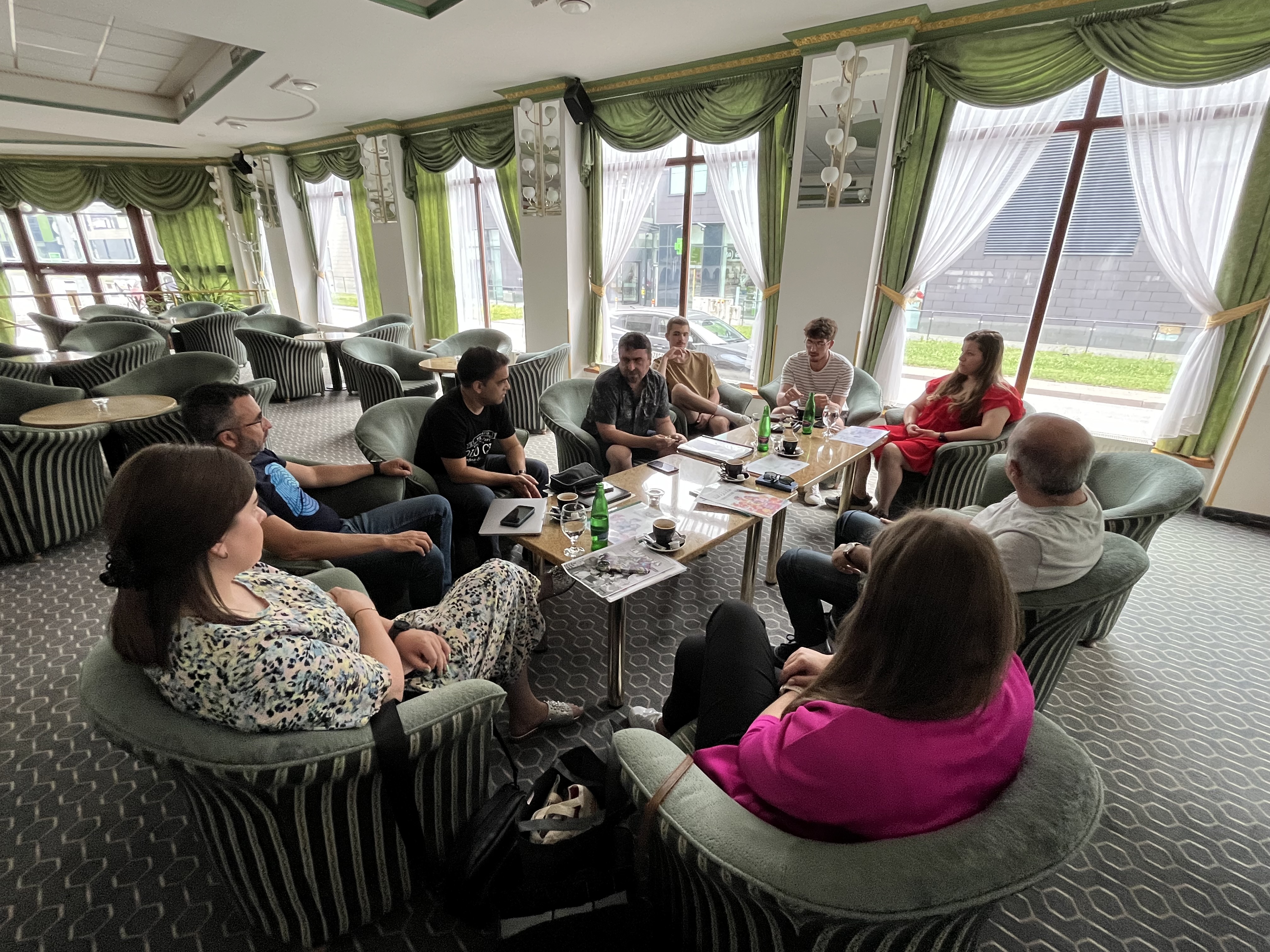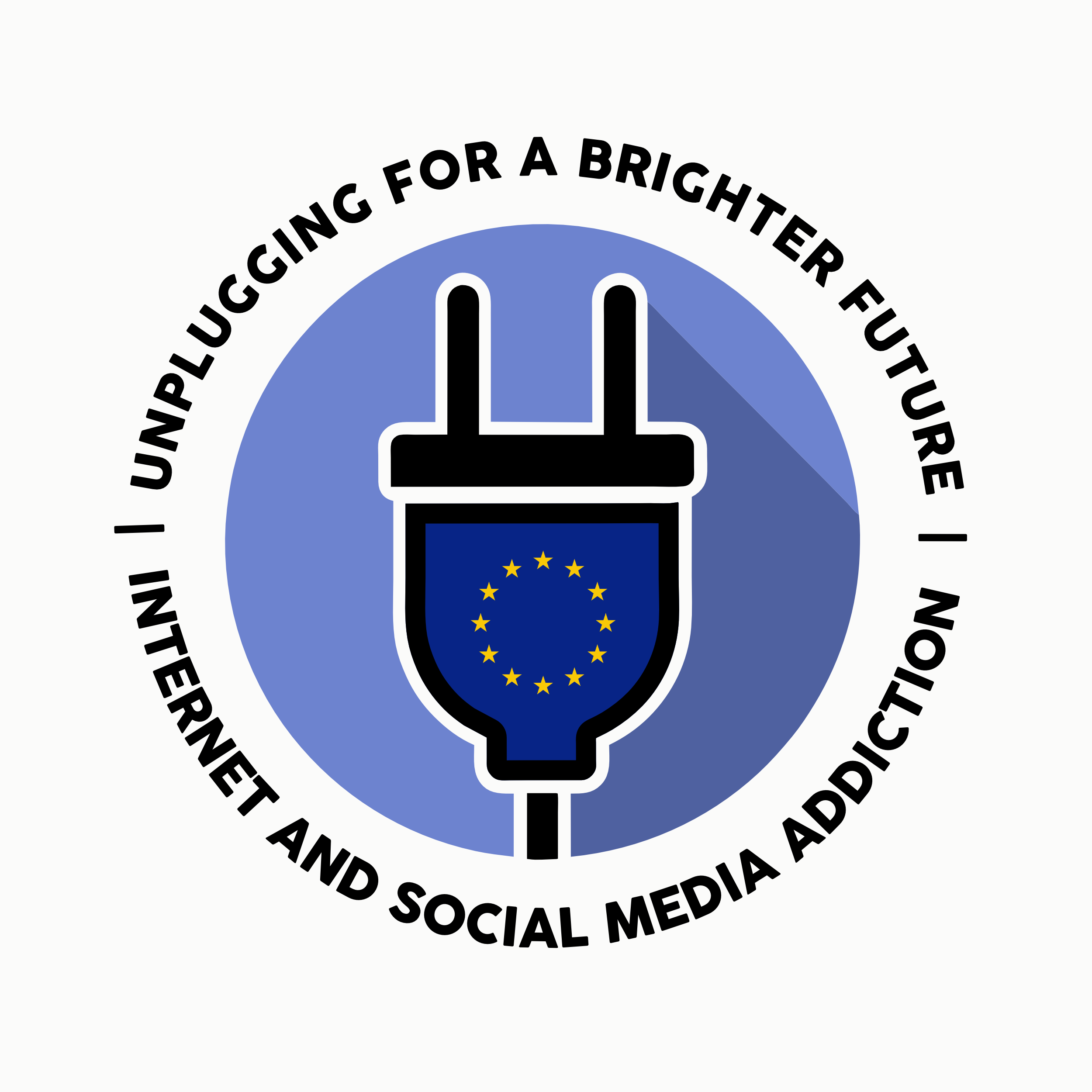Transnational Activities
Final Project Meeting
10
4
2
People Attended
Nationalities
Days
Our final project meeting took place online through Zoom on 28 & 29 January 2026.
28/01/2026 During the first day meeting's agenda, we focused on several key areas:
🔹 Partnership Reflection: We took a look back at our project timeline and milestones. It was a valuable moment to evaluate our cooperation and communication strategies over the past months.
🔹 Deep Dive into LTTA Events: We conducted a detailed review of our Learning, Teaching & Training Activities. Discussing the participant feedback and the tangible impact on youth workers was truly inspiring.
🔹 Local Workshops & Best Practices: One of the highlights was the comparative summary of our local workshops. We openly exchanged lessons learned, discussed the specific challenges we faced in different countries, and shared the solutions that worked best.
🔹 Dissemination & Visibility: Finally, we reviewed the channels used to reach our target audiences and ensure our message about digital well-being spreads further.
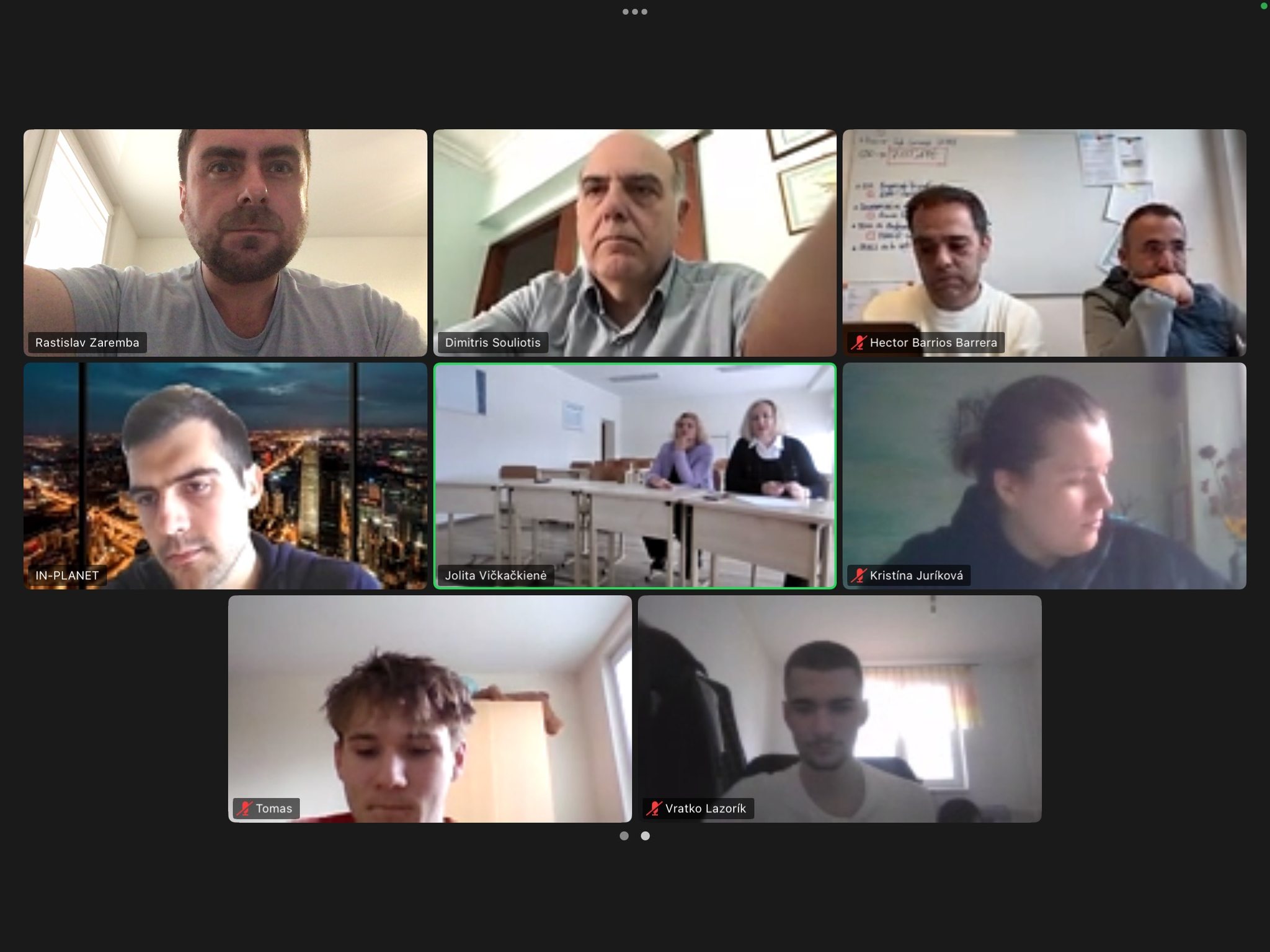
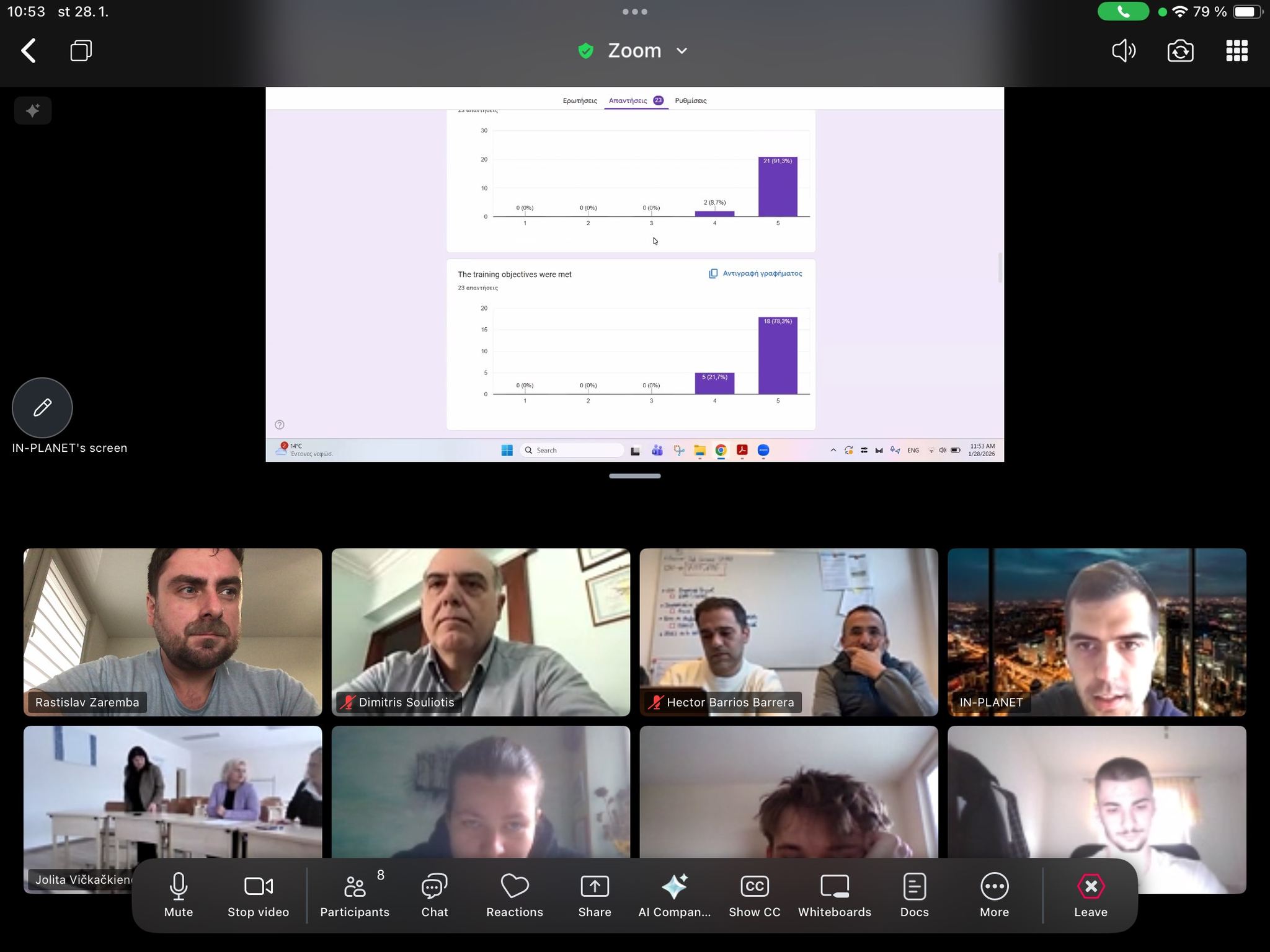
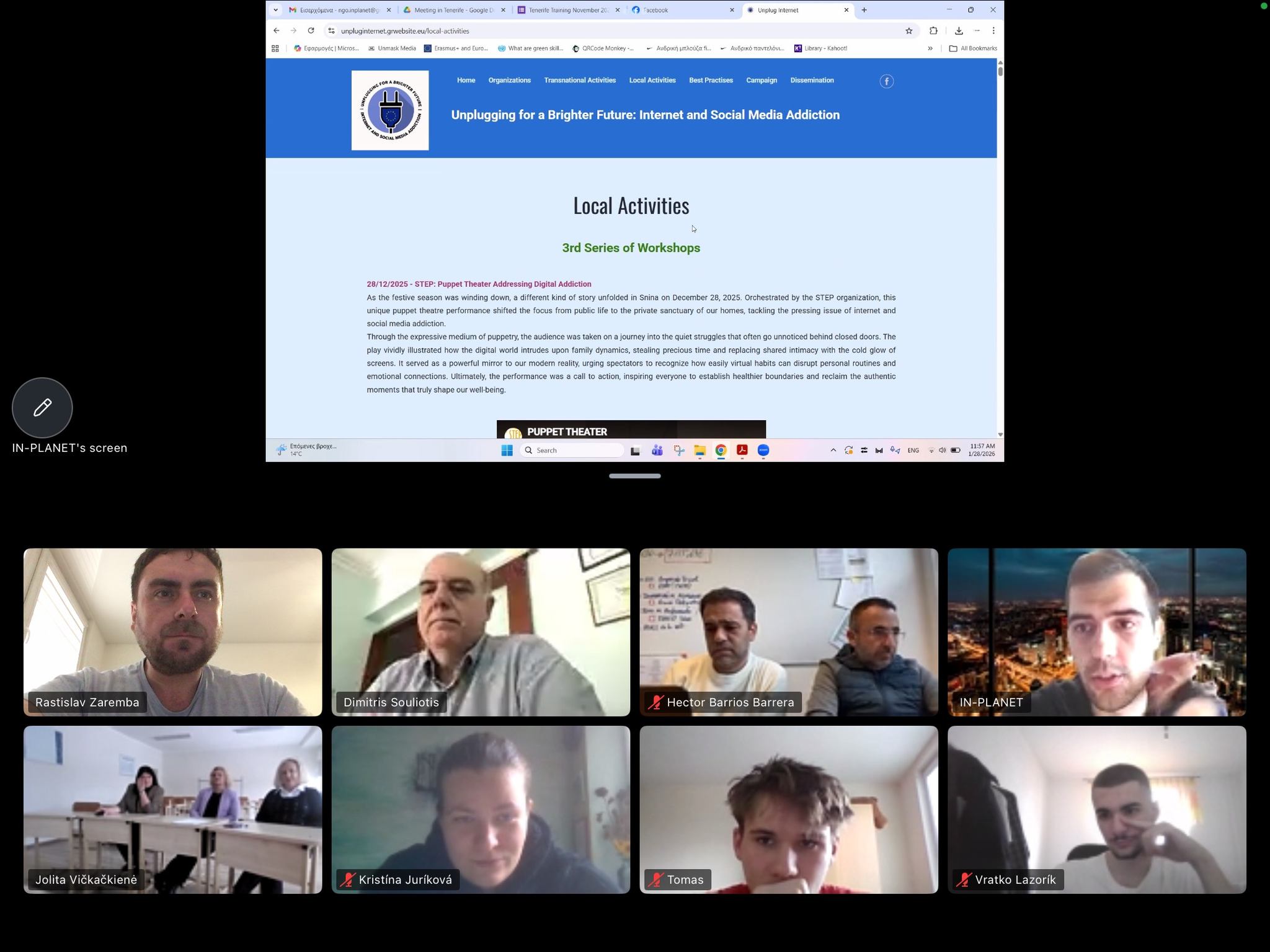
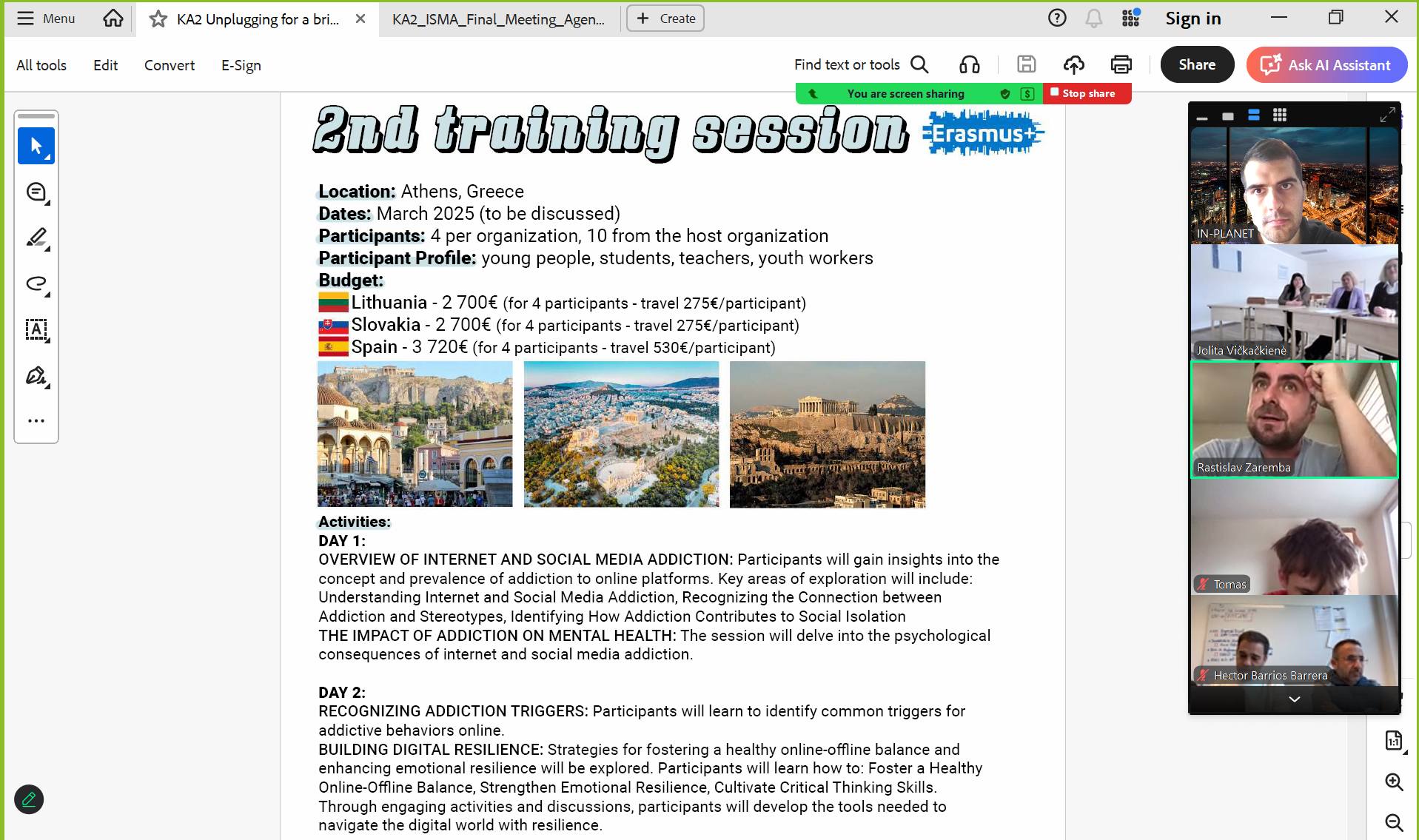
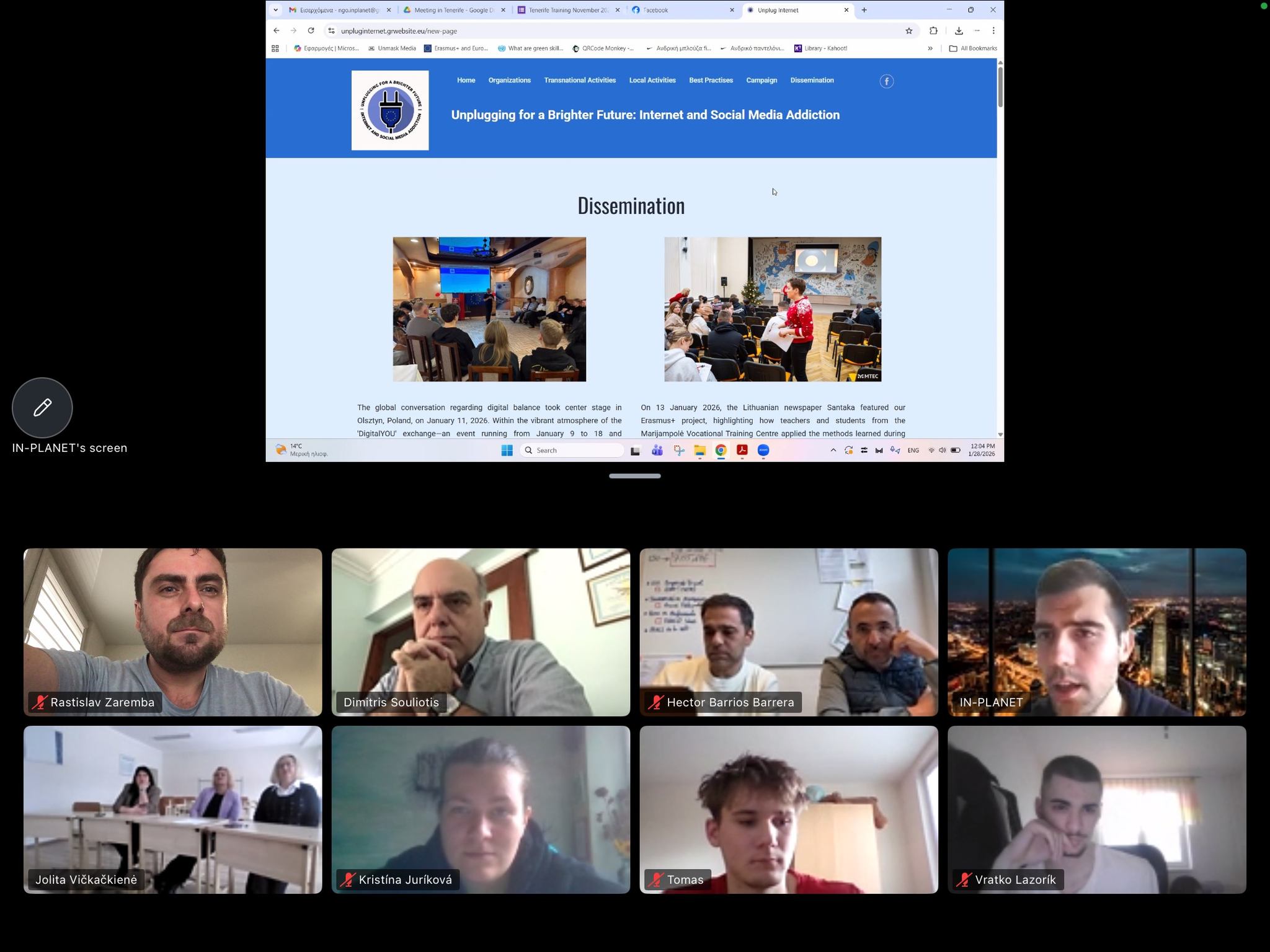
29/01/2026 During the second day meeting's agenda, we dived into the concrete outcomes of our two-year journey:
🔹 Online Campaign Evaluation: We analyzed the engagement metrics and presented reports from each partner. Discussing the "lessons learned" gave us valuable insights into how to effectively reach young people on the very platforms we are discussing.
🔹 Validating Deliverables: Quality is our priority. We conducted a final review and quality check of the project’s key outputs—including our Website that acts as Toolkit & Web-TV and our FB page. These resources are now polished and ready to support youth workers in tackling internet & social media addiction.
🔹 Sustainability & Future Steps: The project officially ends, but our mission continues. Our host, STEP, presented a comprehensive sustainability strategy. We also dedicated time to brainstorming ideas for follow-up Erasmus+ projects to ensure our partnership keeps growing.
We wrapped up with a discussion on final reporting and a warm farewell session!
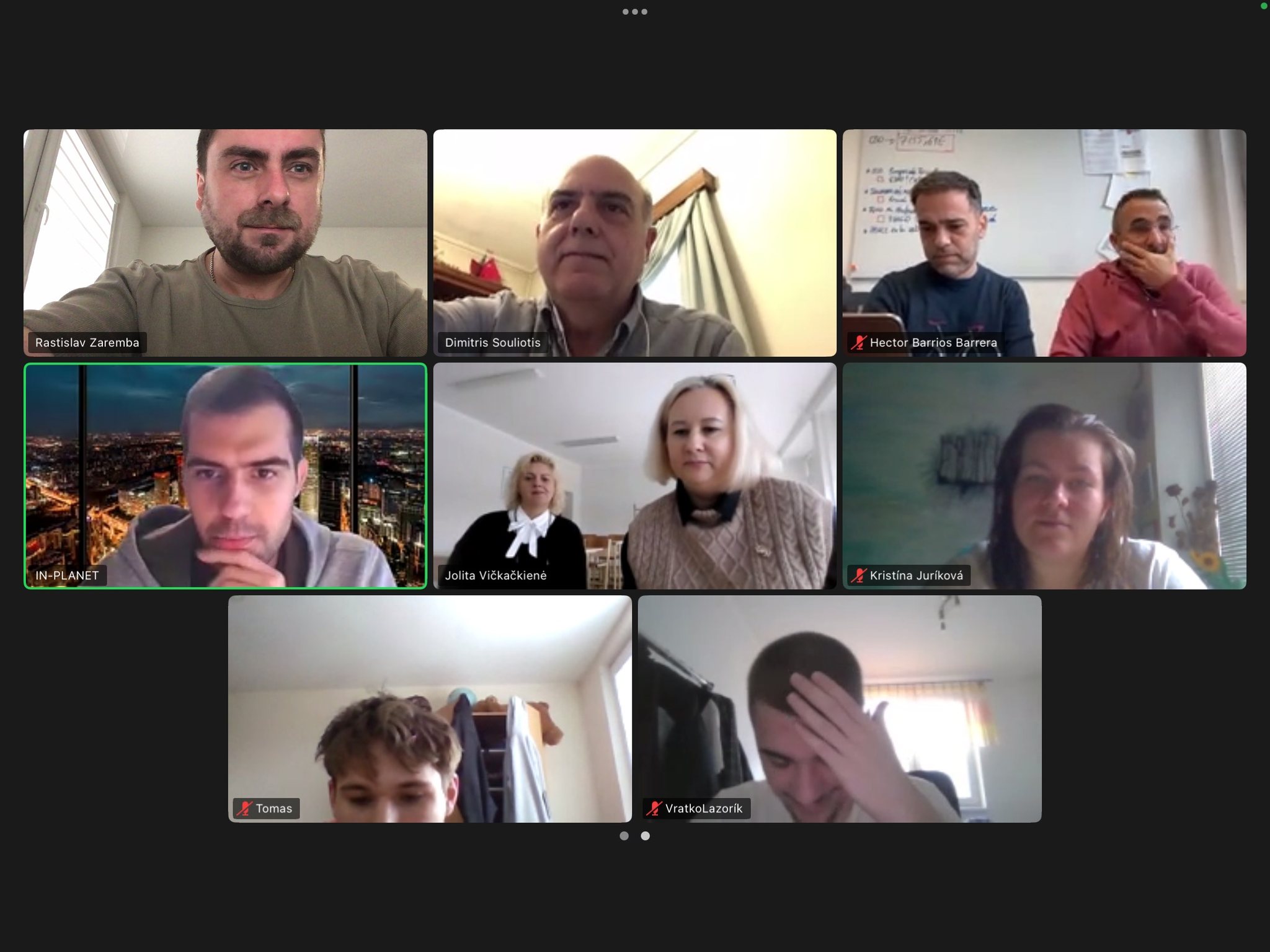
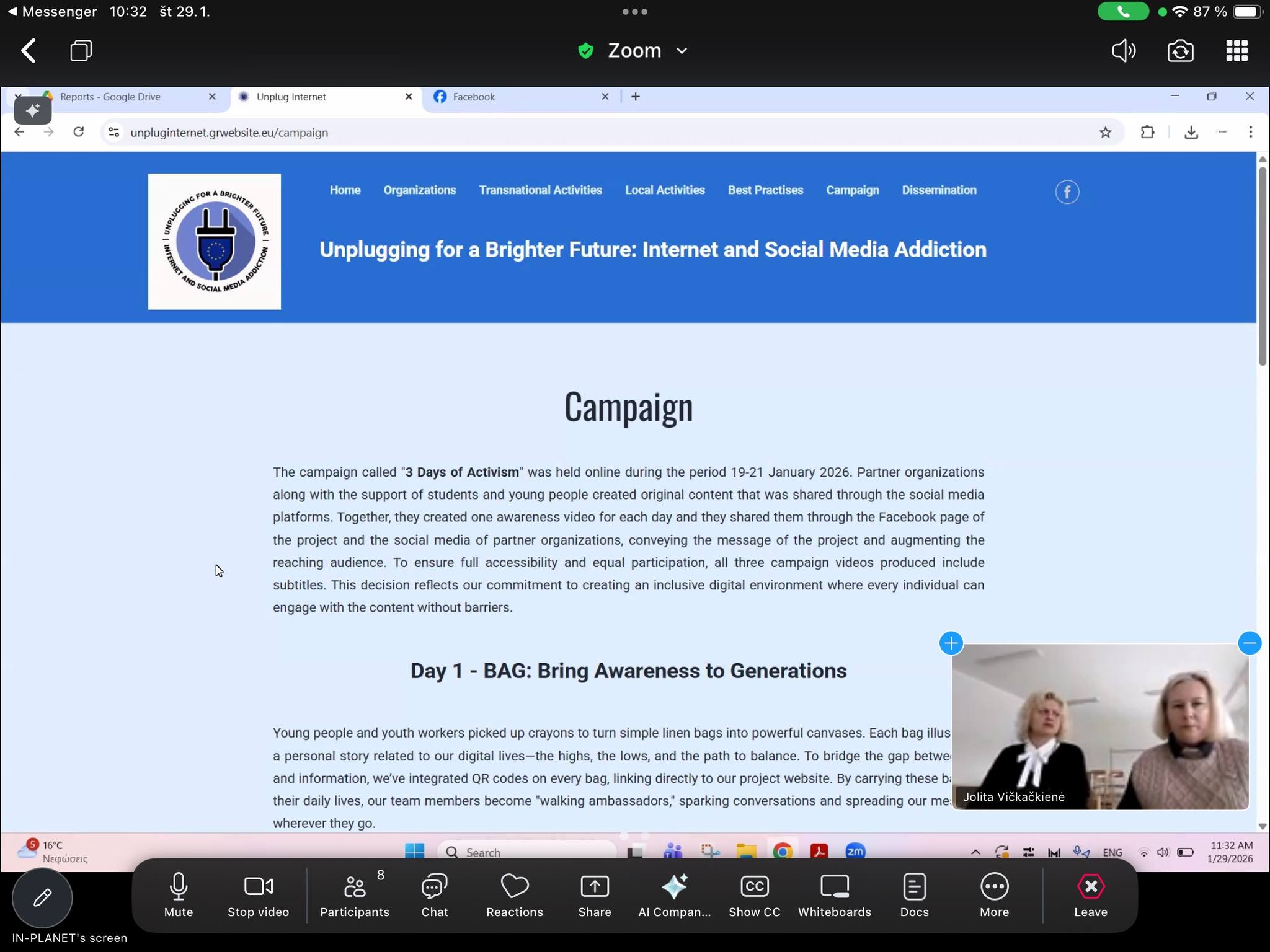
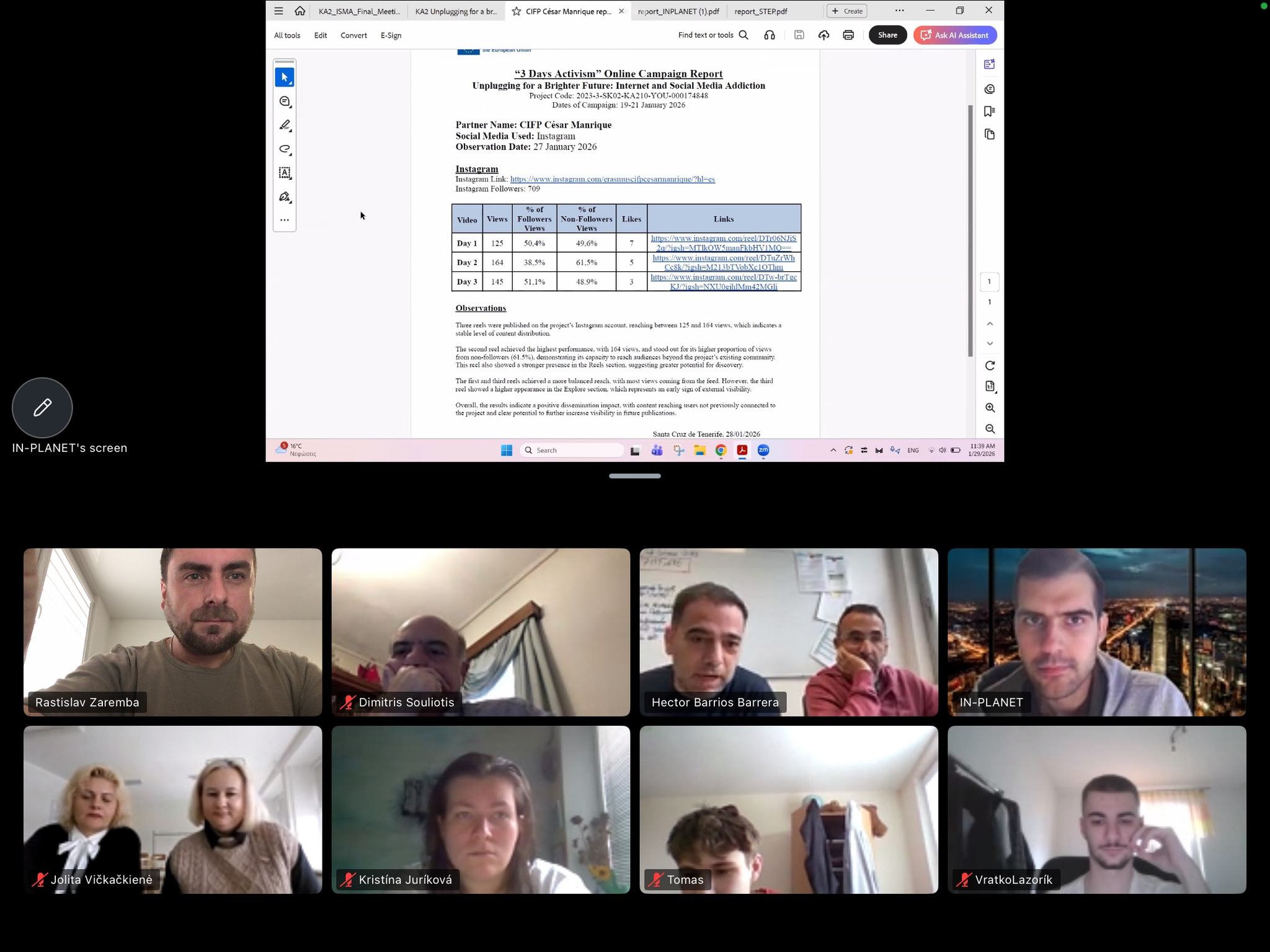
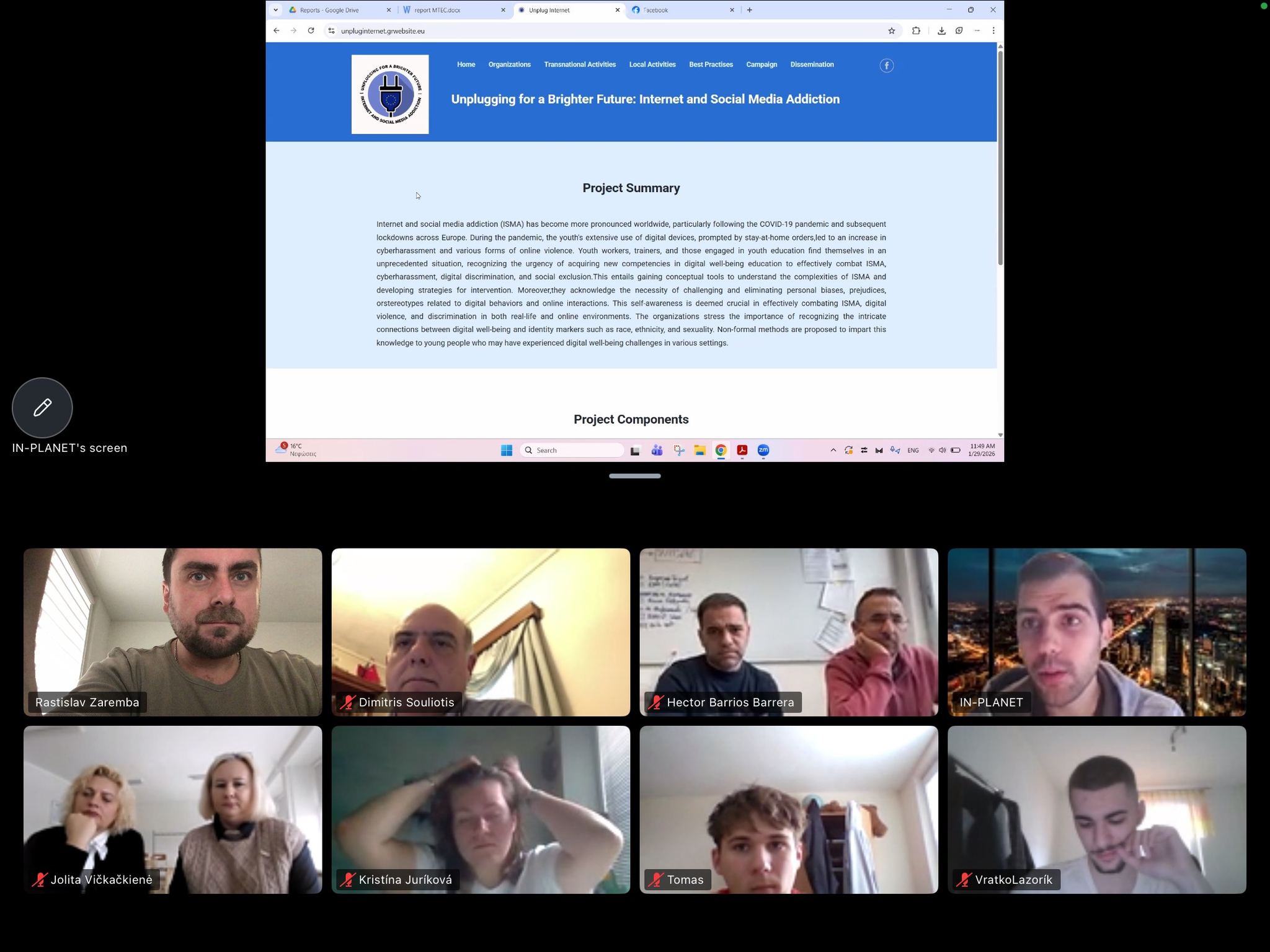
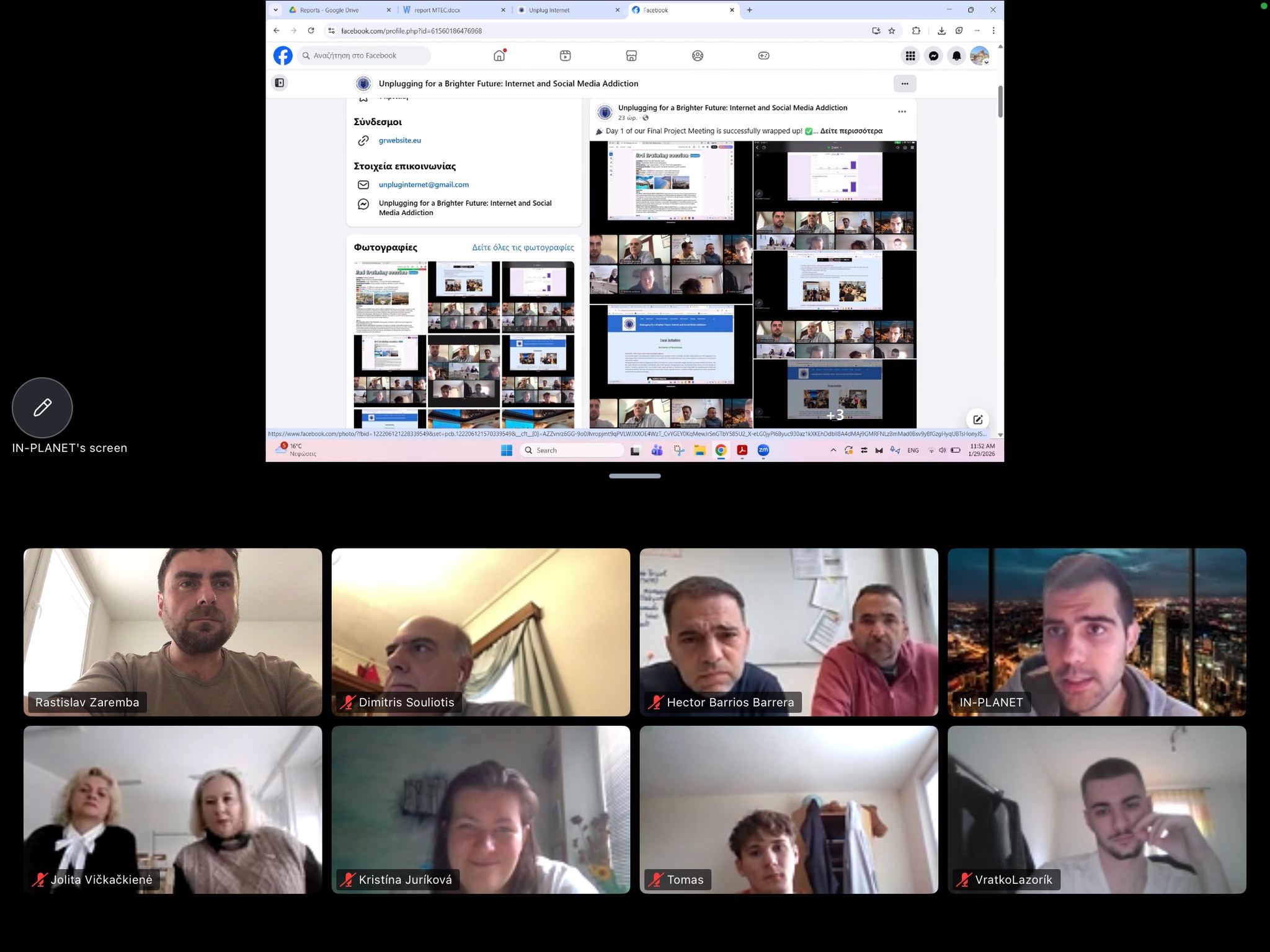
3rd LTTA: Education for Life
22
People Attended
5
Nationalities
3
Days
From 26 to 28 November 2025, partners of our Erasmus+ KA210 Youth Project gathered in Santa Cruz de Tenerife for the 3rd LTTA “Education for Life.” Across three days, participants explored the challenges of internet and social media addiction through interactive lectures, creative theater methods, collaborative discussions, and engaging activities such as puppet creation with recycled materials and a public puppet theater performance.
The LTTA provided a space for exchanging experiences, fostering social‑emotional learning, and developing innovative approaches to raise awareness about digital wellbeing. By combining education, creativity, and collaboration, “Education for Life” strengthened our shared commitment to empowering young people and communities to navigate the digital world responsibly.
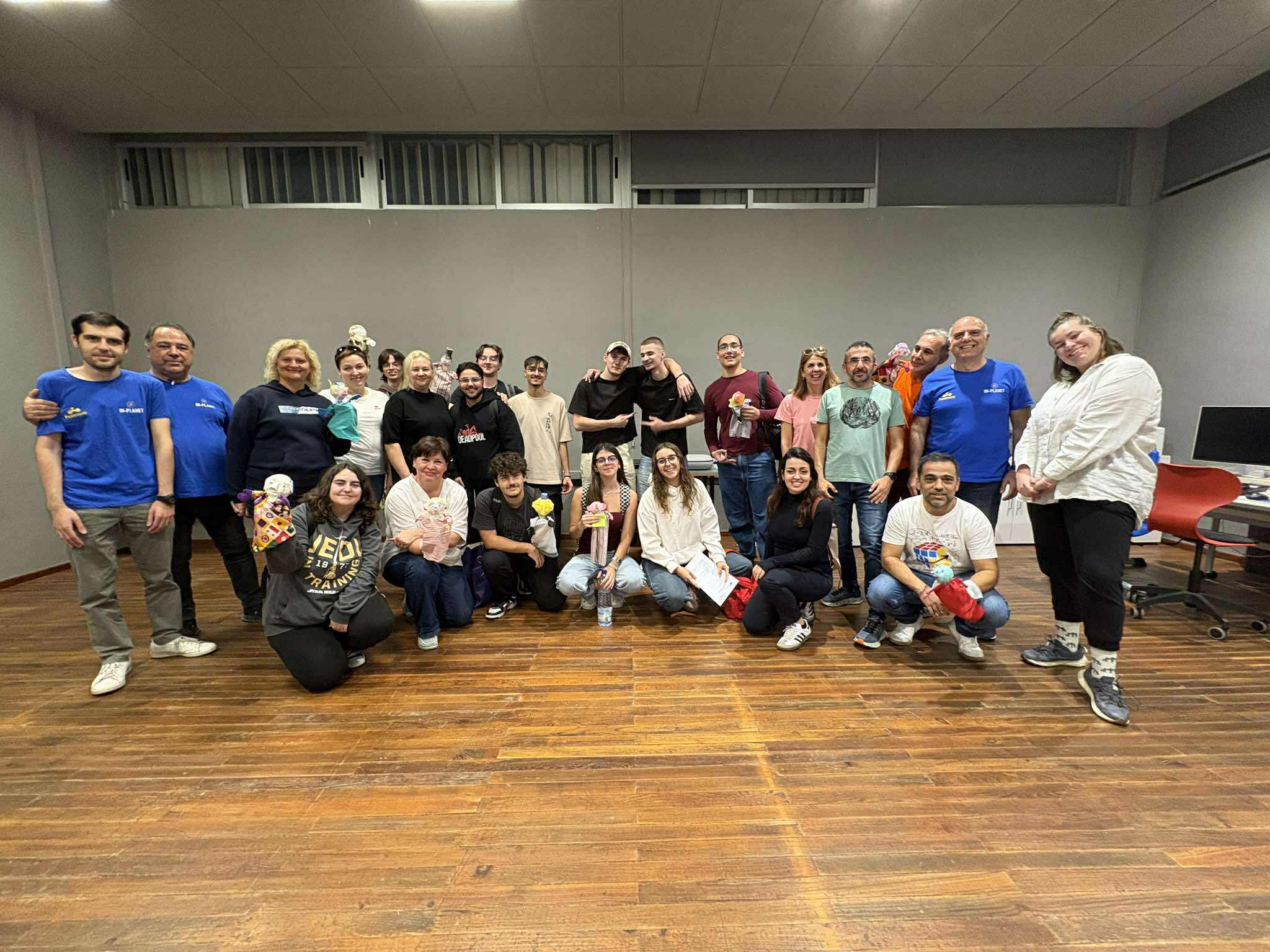
26/11/2025: Internet and Social Media Addiction & Digital Addiction in the Context of Social Media
On 26 November 2025, partners of our Erasmus+ KA210 Youth Project gathered in Santa Cruz de Tenerife, Spain for the 3rd LTTA “Education for Life”.
The first day focused on Internet and Social Media Addiction (ISMA). Through an interactive lecture, supported by PowerPoint presentations and handouts, participants were introduced to the main aspects of ISMA. They engaged in discussions to recognize signs of addiction in their own contexts and explored prevention methods.
Later, the session on Digital Addiction in the Context of Social Media highlighted that excessive internet and social media use can affect anyone, regardless of age, gender, or background. Participants gained insights into the different forms of digital addiction and their consequences, encouraging reflection and dialogue.
27/11/2025: Animation Theater, Factors Contributing to Digital Addiction & Common Forms of Digital Addiction
On 27 November 2025, the second day of the 3rd LTTA “Education for Life” unfolded with creativity and collaboration. Participants began with Animation Theater Addressing Social Media Addiction, where teams designed scenarios illustrating the challenges of social media addiction and practiced animation theater techniques. These methods can later be applied to online campaigns raising awareness about digital addiction.
The program continued with Factors Contributing to Digital Addiction and Risk Factors. Through teamwork and brainstorming, participants categorized contributing factors into individual, community, and societal domains, analyzing real-life situations to uncover underlying causes.
Finally, the session on Common Forms of Digital Addiction and Their Similarities with Casual Online Usage used visual aids and case studies to show how certain addictive behaviors can often resemble everyday online activities.
28/11/2025: Puppet Theater & Social-Emotional Learning
On 28 November 2025, the final day of the 3rd LTTA “Education for Life” combined creativity, reflection, and celebration.
The day opened with the Puppet Theater Addressing Digital Addiction, where participants first engaged in puppet creation using recycled materials. This sustainable and creative activity prepared them for the public performance of the puppet theater, which raised awareness about digital addiction and demonstrated how artistic expression can engage communities in meaningful dialogue.
Following this, participants took part in Sharing Experiences: Fostering Social-Emotional Learning (SEL) through Collaborative Efforts to Combat Internet and Social Media Addiction. The session highlighted the importance of social-emotional learning in building resilience and showcased collaborative approaches to addressing digital challenges.
The LTTA concluded with an evaluation activity, where participants shared reflections and feedback to strengthen future initiatives. The event then ended with a certification ceremony, celebrating the dedication, creativity, and active engagement of everyone who took part in the LTTA.
2nd LTTA: Tranquility Matters
27
People Attended
5
Nationalities
3
Days
Our second transnational training meeting took place in Athens, Greece on 28, 29 & 30 March 2025.
28/03/2025: Understanding Internet and Social Media Addiction
The first day of the training event set the stage for a thought-provoking exploration of internet and social media addiction. The session began with ice-breaking and energizer activities, fostering a welcoming and engaging atmosphere where participants could connect and feel comfortable sharing their experiences. These interactive exercises helped create a sense of community and openness, ensuring an environment conducive to meaningful discussions throughout the program.
Following the introduction, participants delved into an Overview of Internet and Social Media Addiction, gaining insights into the prevalence, causes, and impacts of excessive online engagement.
Another critical focus of the day was The Impact of Addiction on Mental Health, where participants explored the psychological consequences of prolonged internet and social media use. Through guided discussions and expert insights, they examined how addiction can affect emotional well-being, cognitive function, and overall mental health.
29/03/2025: Coping Strategies and Digital Wellness
On the second day of the training event, participants focused on Recognizing Addiction Triggers, gaining insights into the psychological and behavioral patterns that contribute to excessive internet and social media use. Through discussions and interactive exercises, they identified common triggers and explored ways to mitigate their impact, fostering a more mindful and intentional approach to digital engagement.
The day also emphasized Building Digital Resilience, equipping participants with essential strategies for maintaining a healthy online-offline balance and enhancing emotional resilience in an increasingly digital world.
30/03/2025: Empowering Change Through Digital Storytelling and Self-Care
During this impactful day of the training event, participants engaged in Digital Storytelling for Awareness, learning how to create compelling narratives to highlight the challenges of internet and social media addiction. Through interactive activities and collaborative storytelling, they explored the potential of digital media to advocate for change, inspire reflection, and raise awareness about responsible technology use.
The program also introduced Practicing Digital Detox and Self-Care, offering practical techniques to help participants develop healthier online habits. Discussions and hands-on exercises provided strategies for screen time management, mindful technology use, and prioritizing mental well-being.
Finally, the LTTA concluded with an evaluation questionnaire, allowing participants to reflect on their experiences and share feedback on the program. The event wrapped up with a certificate ceremony, recognizing their engagement, efforts, and commitment to promoting a healthier digital lifestyle.
1st LTTA: Prevention, Protection, Rejection
22
4
3
People Attended
Nationalities
Days
Our first transnational training meeting took place in Marijampole, Lithuania on 15, 16 & 17 October 2024.
15/10/2024: Exploring and promoting digital citizenship vs Cyber addiction and online misconduct.
During the project meeting, participants discussed relevant issues, actively worked in groups to develop recommendations. Innovative approaches were also demonstrated to help teachers initiate discussions with young people about digital technology dependency, responsible online behavior, and digital well-being.
The Slovakian team led a session inviting groups to brainstorm five effective ways to avoid excessive phone and internet use. Key suggestions included setting a strict daily schedule for phone use to limit screen time. Another recommendation was to create "no-gadget zones" at home, such as the dining table or bedroom, to encourage face-to-face interactions. Participants proposed finding new hobbies, such as sports, reading, or creative arts, to keep young people engaged offline. They also suggested planning group outings where mobile phones are turned off to foster real-life social connections.
Additionally, the teams discussed the importance of setting clear boundaries for digital device use during study hours and family time. Suggestions included scheduling phone-free periods throughout the day to focus on in-person activities. Attendees explored the value of introducing "digital detox" days, where students take a break from all devices once a week. Participants agreed that modelling healthy screen habits as adults can positively influence younger generations.
16/10/2024: Identify the issues and analyze the root causes of Internet & Social Media Addiction
According to data from the Digital Ethic Centre in Lithuania, the highest percentage of internet users is found among young people, with 99.4% of individuals aged 25-34 and 99.1% of teenagers aged 16-21 using the internet daily. This significant usage can lead to various problems, but teachers and parents can identify signs of internet addiction, which include:
• Excessive concern about online activities
• Intrusive thoughts regarding internet use
• Increased time spent aimlessly browsing
• Decreased involvement in other activities
• Deterioration of professional performance and results
• Dysfunctional or unhealthy relationships
Individuals struggling with addiction may exhibit traits such as loneliness, shyness, communication difficulties, desperation, introversion, neuroticism, and low self-esteem.
The risk of internet addiction escalates from older age groups, with 44% of those aged 64 and above, compared to 73% of teenagers aged 13-17. The highest risk for internet addiction is among teenagers and young adults, as indicated by data from Headphonesaddict.com and the Worrying Technology Addiction Statistics report (2024).
Statistics reveal that the majority of time spent online is dedicated to communication, social networking, and gaming. The consequences of internet addiction can include sleep deprivation, inability to control behavior, feelings of shame and guilt, poor time management, physical discomfort, and avoidance of communication, among others.
The Gymnasium Department teaching team conducted a study on students' dependence on the internet and social media, surveying 135 respondents. The results showed that many young people fail to recognize the threats present in the digital space and often claim independence from digital technologies. However, their reported screen time indicates that a problem is indeed present.
Recent scientific research shows that 99.9% of teenagers use the internet, highlighting the existence of internet addiction. The COVID-19 pandemic has significantly contributed to the rise of digital addiction, with multiple factors increasing dependence on digital devices during this time. Digital addiction, particularly through the internet and social media, can have profound emotional and psychological effects. The nature of addiction often leads to various negative emotions, mental health issues, and disruptions in emotional well-being. A study conducted by the Marijampolė VET Center revealed that young people often do not perceive their internet usage as problematic and remain oblivious to the associated threats, indicating a disconnect between their actual usage patterns and the awareness of potential risks such as addiction, mental health issues, and social isolation.
Findings presented by Spanish educators involving 264 respondents confirm that digital technologies are increasingly recognized as an addiction issue across Europe. These school studies also highlighted critical concerns such as cyberbullying, digital discrimination, and social exclusion among students. Analysis of survey responses reveals that social networks have a mixed impact on individuals. While aspects like self-expression and community engagement are positively influenced, factors such as sleep quality and anxiety are adversely affected. It is essential to find a balance in social media use to maximize benefits while minimizing negative consequences.
17/10/2024: Combat Internet & Social Media Addiction through Storytelling and Forum Theater
The Greek team presented a unique approach to combating internet and social media addiction by using theatre methods. They created a simulation of real-life scenarios where the main actor portrayed issues related to internet addiction. In the first round, the actor demonstrated a typical situation of digital dependency, showing how internet overuse affects daily life and relationships. This performance set the stage for the audience to understand the emotional and social consequences of addiction.
In the second round, the audience was invited to participate in the play by taking on the role of the main character. One person from the audience would step in to replace the actor and make choices that could alter the outcome of the scenario. This shift allowed participants to actively engage in finding solutions to digital addiction, exploring how small decisions can lead to healthier internet habits. The interactive experience encouraged the audience to think critically about behaviors that might fuel internet dependency. Through this method, participants gained insight into how support and alternative actions can help combat online addiction. The session provided a powerful way for the audience to reflect on their own internet habits and envision positive changes.
The three-day training session provided valuable insights into internet addiction and its effects on young people. Teams from Lithuania, Spain, Greece, and Slovakia shared research and strategies, making it an enriching experience for everyone involved. The Lithuanian and Spanish teams presented compelling data on the prevalence of digital dependency, emphasizing that young users, especially teens, are at high risk. Discussions highlighted not only addiction but also the psychological and social issues like loneliness, cyberbullying, and digital discrimination. Teachers from the Gymnasium Department and Marijampolė VET Center shared studies showing students' inability to recognize the dangers of excessive internet use. Meanwhile, Spanish teachers noted similar trends across Europe, where digital addiction is increasingly prevalent. Participants learned effective methods to recognize and address signs of digital dependency in students. This exchange of knowledge and solutions was both informative and motivating for everyone involved.
Kick-off Project Meeting
10
People Attended
4
Nationalities
2
Days
Our first project meeting took place in Kocise, Slovakia on 21 & 22 June 2024.
Each partner made a short presentation of their association. During the meeting, the first session was dedicated to the Project Management and Implementation. The tasks and responsabilities of each partner were established, together with the common strategy for all of us; the specific tasks depending on the expertise of each partner; the possible risks were analyzed and the roles of each partner were settled for the communication campaign during the two years. The next session was dedicated to the young people belonging to vulnerables groups, involved by the partners in the project, and each partner presented it's group and the type of activities which will be carry out with them. The last part of the day was assigned to the website, social media and dissemination. During the second day of the meeting project we discussed about the communication tools and methods; thus a communication officer was hoosen by each partner. The next session was dedicated to the Q&A about the Implementation Plan, dissemination Plan, Monitoring & Evaluation Plan, Quality Plan and Sustainability Plan (persons in charge, methods, deadlines etc). The risk analysis plan was presented, alonside with the budget and the accounting project.
